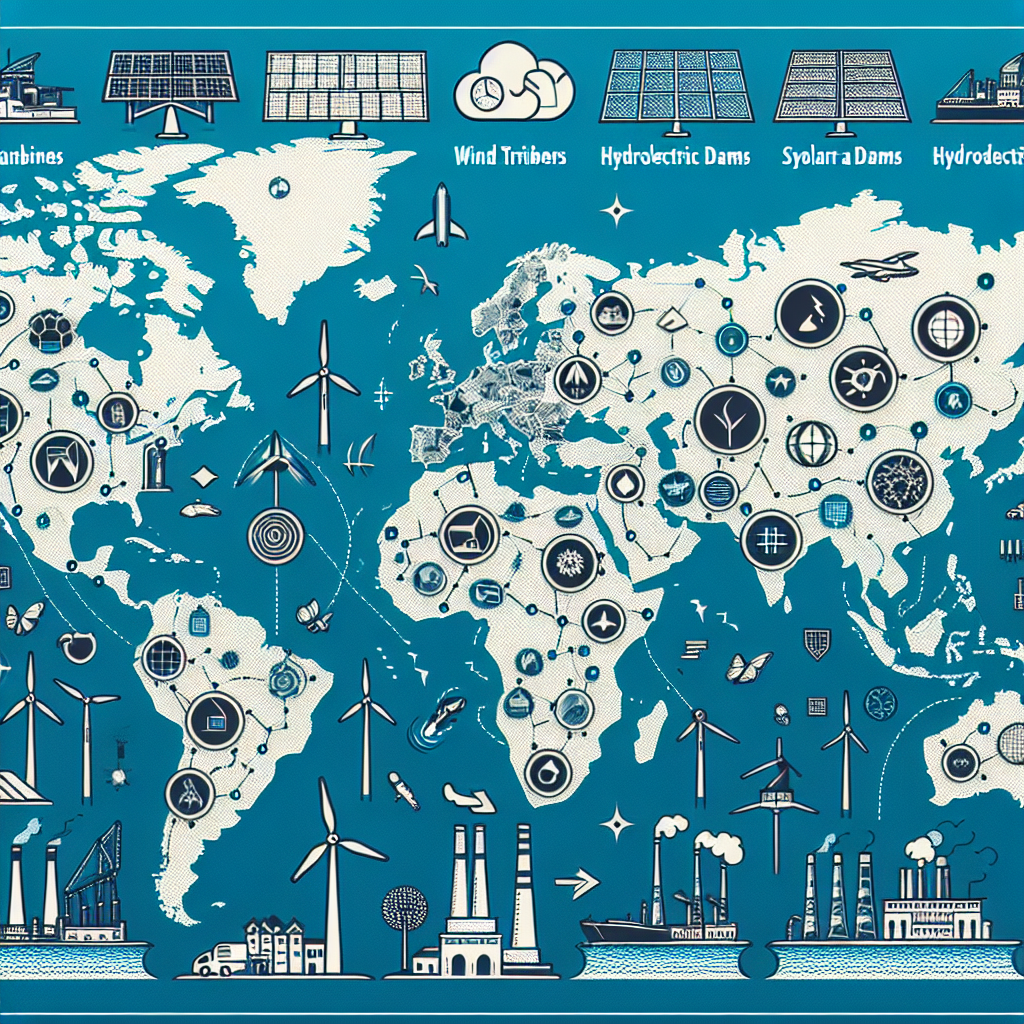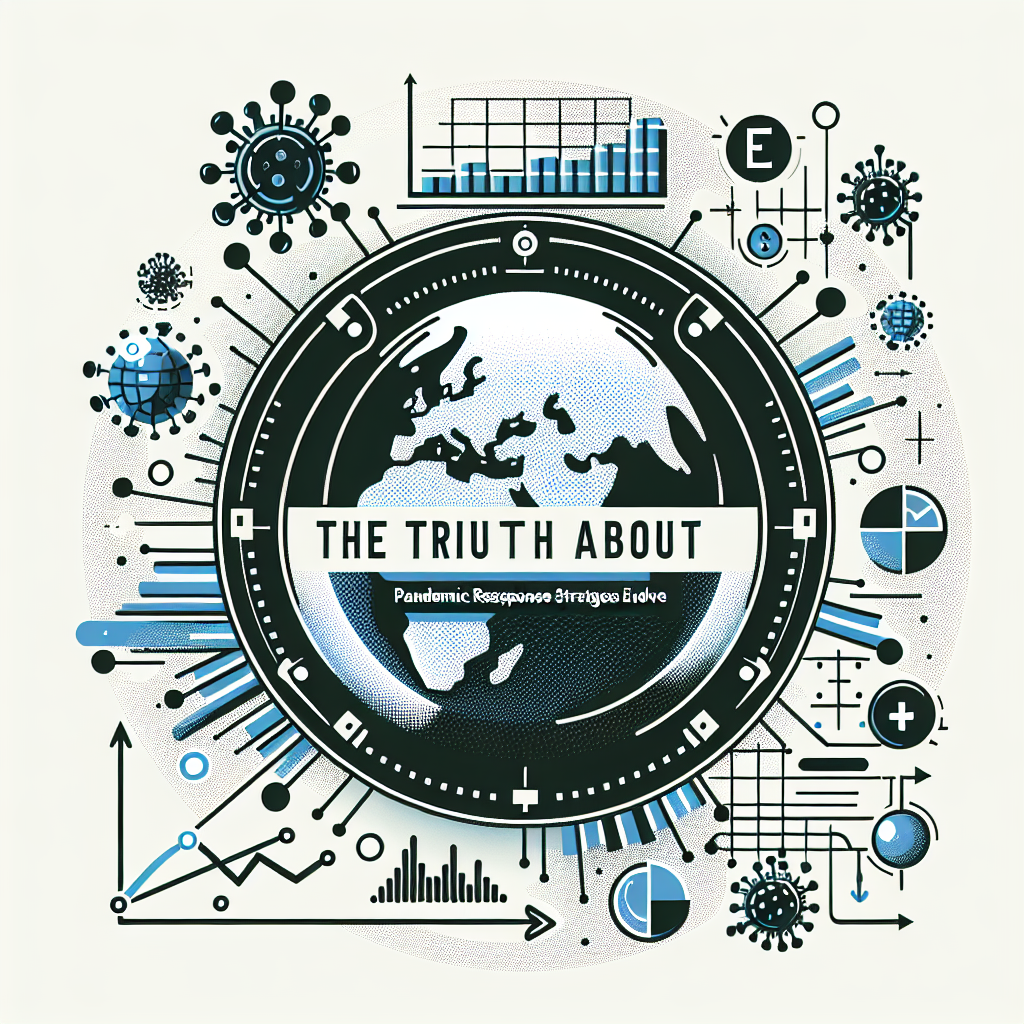One Family’s Journey Through Crisis: A Spark for Energy Resilience
In an unassuming home nestled somewhere between urban sprawl and rural simplicity, a family forged a ray of hope amidst the looming crisis. Their simple act of installing solar panels during the pandemic has sparked inquiries into whether our common crisis response strategies could lead us to a more resilient future in terms of energy sustainability.
Research Question
How does our reaction to unforeseen events such as pandemics influence long-term changes in energy consumption patterns?
Methodology
To answer this question, we examined various case studies around the globe where families made shifts towards renewable energy sources in response to upheavals brought about by pandemics.

Key Findings
We discovered that crises often stimulate positive change by urging people to innovate or adapt survival mechanisms. One such mechanism is shifting towards self-sufficiency through household-based renewable energy solutions like solar power – offering not just security but financial freedom too.
Scientific Significance
This evolution of behavior holds significant potential for scientific exploration into how macro-level phenomena can drive changes at grassroots levels impacting global sustainability goals.
Practical Applications < p>The shift towards household level renewable energy resources has widespread practical benefits including lower carbon footprints and reduced reliance on fossil fuels- potentially shaping our collective sustainable futures. < h 3 > Expert Reactions < p > Energy specialists commend these ‘micro-shifts’ as not only environmentally responsible, but strategically wise in combating unpredictable events. < h 1 > Future Research < p>Future research could involve exploring possibilities of creating sustainable cities that promote self-reliant energy solutions during crises.
Societal Impact
A wide adaptation of renewable energy solutions would foster stronger communities with secure energy sources while simultaneously reducing carbon emissions.

Ethical Considerations
While progress is laudable, it’s important to ensure equitable access and affordability for all members of society when shifting towards these renewable technologies.
Next Steps: Community Response
The next step in our collective journey may just be community-driven – neighborhoods sharing renewable resources, driving change from the ground up, and discovering new ways to adapt amidst adversity.

